 W
WUładzimir Arłou, known as U. A. Arlou is a Belarusian historian, writer, politician, and poet. He is chairman of the Belarusian PEN International.
 W
WAles Bachyla (1918–1983) was a Belarusian poet and playwright. His verses were generally "memories of the front, daily work of common people, love towards his country and the duty of a citizen, patriotism and portraying nature."
 W
WMaksim Adamavič Bahdanovič was a Belarusian poet, journalist, translator, literary critic and historian of literature. He is considered as one of the founders of the modern Belarusian literature.
 W
WFrancišak Bahuševič (Belarusian: Францішак Багушэвіч, Polish: Franciszek Bohuszewicz, 21 March [O.S. 9 March] 1840 – was a Belarusian poet, writer and lawyer, considered to be one of the initiators of modern Belarusian literature.
 W
WRyhor Ivanavič Baradulin was a Belarusian poet, essayist and translator.
 W
WJan Barszczewski was a Polish-Lithuanian writer, poet and editor. He wrote both in Ruthenian and Polish languages.
 W
WVladimiras Beresniovas, known under his pen name Vlaber (Влабер) is a Lithuanian artist, humorist, poet, and cartoonist. Vlaber has been an active participant in the Lithuanian and world artistic communities for more than 40 years. In the last 10 years, he has illustrated more than 100 books, published weekly cartoons in the local newspapers, and been named to Who's Who in Lithuania in 2008.
 W
WShmuel Yefimovich Plavnik, better known by the pen name Źmitrok Biadula, was a Jewish Belarusian poet, prose writer, translator, and political activist in the Belarusian independence movement. He is considered one of the fathers of modern Belarusian literature.
 W
WPyotr Ustinovich Brovka was a Soviet Belarusian poet, more commonly recognized by his literary pseudonym Petrus Brovka.
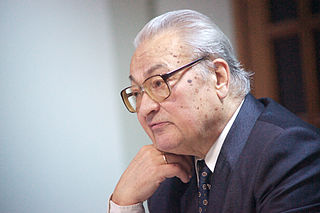 W
WHienadz Buraukin was a Belarusian poet, journalist and diplomat.
 W
WMikałaj Karlavich Ramanavski, known under the pseudonym Kuźma Čorny was a Byelorussian Soviet poet, writer, dramatist, and opinion journalist. He studied at the pedagogue school in Nesvizh from 1916 until 1919. During the 1920s, he worked as a teacher in Slutsk. In 1923, he was working in the faculty of literature and linguistics in the Belarusian State University in Minsk. From 1924 to 1928, he worked as a journalist in a magazine Belaruskaja veska. In 1923, he was a member of a literary organisation Maladniak, and editor of Uzvychch for five years from 1926 until 1931. During the World War II, he lived in Moscow, working in a journal Раздавим фашистскую гадину and Belarus. Then he moved back to Minsk. He died on 22 November 1944, aged 44. He was an author of children's literature.
 W
WJan Czeczot of Ostoja was a Polish romantic poet and ethnographer. Fascinated by the folklore and the traditional folk songs of the former Grand Duchy of Lithuania, a confederal part of the Polish–Lithuanian Commonwealth, he recollected hundreds of them in his works. Inspired by them, he also wrote several poems in what could be considered a pre-modern Belarusian language. As such, he is often cited as one of the first Polish ethnographers and one of the predecessors of the Belarusian national revival.
 W
WUladzimir Mikalahevič Dubouka was a Belarusian poet, prose writer, linguist, and a literary critic.
 W
WVincent Dunin-Marcinkievič was a Belarusian writer, poet, dramatist and social activist and is considered as one of the founders of the modern Belarusian literary tradition and national school theatre.
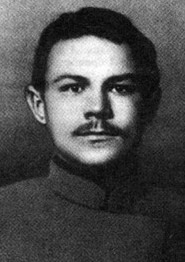 W
WAlés Harun born as Aljaksandr Uladzimiravič Prušynski was a Belarusian poet, prose writer, dramatist, lyricist and an opinion journalist.
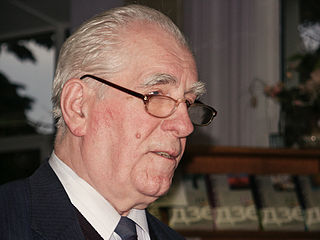 W
WNil Hilevich was a Belarusian poet, a professor in the Belarusian State University, the author of more than 80 books of poetry, publications, and translations, and one of the founders of the Frantsishak Skaryna Belarusian Language Society.
 W
WAdam Hlobus is a Belarus writer and novelist, essayist, poet, publisher and artist.
 W
WAdam Hilary Kalistavich Hurynowicz was a Belarusian poet and folklorist. He was best known for his Polish, Belarusian and Russian-language poems and folkloristics.
 W
WUładzisłau Kazłouski was a Belarusian publicist, publisher, poet, critic journalist, activist and communist politician.
 W
WYakub Kolas, real name Kanstantsin Mitskievich was a Belarusian writer, People's Poet of the Byelorussian SSR (1926), member (1928) and vice-president of the Belarusian Academy of Sciences.
 W
WArkadź Kuliašoǔ, russified form Arkadi Kuleshov was a poet and translator from Belarus. He was best known for his poems, Brigade Flag and Cymbalon, as well as his translations of poetry into Belarusian.
 W
WYanka Kupala – was the pen name of Iván Daminíkavich Lutsévich, a Belarusian poet and writer. He is considered one of the greatest Belarusian-language writers of the 20th century.
 W
WMaksim Łužanin, was a Belarusian prose writer, poet, screenwriter, translator, essayist, and a literary critic. In 1969, he was awarded for the Honored Artist of the Byelorussian SSR and in 1975, Luzanin was awarded with the honorary badge Meritorious Activist of Culture of People's Republic of Poland.
 W
WValery Marakou was a Belarusian poet and translator.
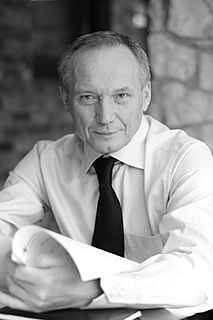 W
WUladzimir Prakopavich Nyaklyayew born on 11 July 1946 in Smarhon’) is a Belarusian poet and writer, and a former head of the public campaign Tell the Truth!. He was a candidate for 19 December 2010 elections in Belarus, and, according to Amnesty International, was placed under house arrest for his role in post-election protests.
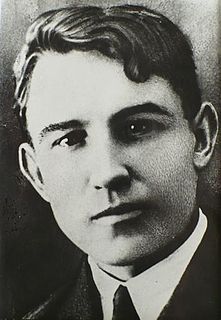 W
WAles Prudnikau was a Belarusian poet. He was a cousin of another Belarusian writer, Pavel Prudnikau.
 W
WPavel Ivanovich Prudnikau was a Belarusian writer. He was a cousin of another Belarusian writer, Ales Prudnikau.
 W
WJazep Pušča, born Iosif Paulavich Plaščinski, Belarusian: Язэп Пушча / Язэп Паўлавіч Плашчынскі, was a Belarusian poet, writer, critic and translator.
 W
WAbraham Sutzkever was an acclaimed Yiddish poet. The New York Times wrote that Sutzkever was "the greatest poet of the Holocaust."
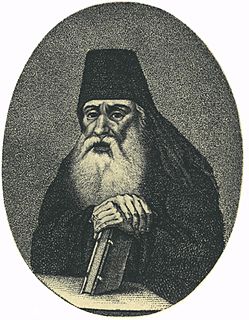 W
WSymeon of Polotsk or Symeon Polotsky was an academically-trained Baroque Belarusian-born Russian poet, dramatist, churchman, and enlightener who laid the groundwork for the development of modern Russian literature.
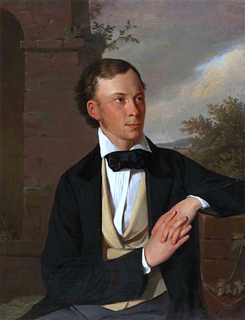 W
WLudwik Władysław Franciszek Kondratowicz, better known as Władysław Syrokomla, was a Polish romantic poet, writer and translator working in Vilnius and Vilna Governorate, then Russian Empire.
 W
WMaksim Tank was a Belarusian Soviet journalist, poet and translator.
 W
WAnatol' Volny was a Belarusian artist, poet, writer and journalist. During the Great Purge, he became a victim of the 1937 mass execution of Belarusians. Posthumously rehabilitated in 1957.
 W
WVital Voranaŭ is a Belarusian-Polish playwright, translator, writer, academic, and poet. He is a co-founder of Belarusian Cultural and Scientific Centre in Poznań and the publishing house Bely Krumkacz. He was born in Minsk, Byelorussian SSR and now lives in Poland. He completed his doctorate at Masaryk University in Czech Republic and teaches Irish literature and history of Belarus in Southwestern College in the United States.
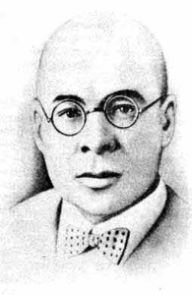 W
WZmicier Zhylunovich was a Belarusian poet, writer and journalist, known under pen name Tsishka Hartny, and a political leader.
 W
WUladzimir Zhylka, was a Belarusian poet.